Krill oil is more beneficial in improving antioxidant capacity and innate immunity than other dietary phospholipids.
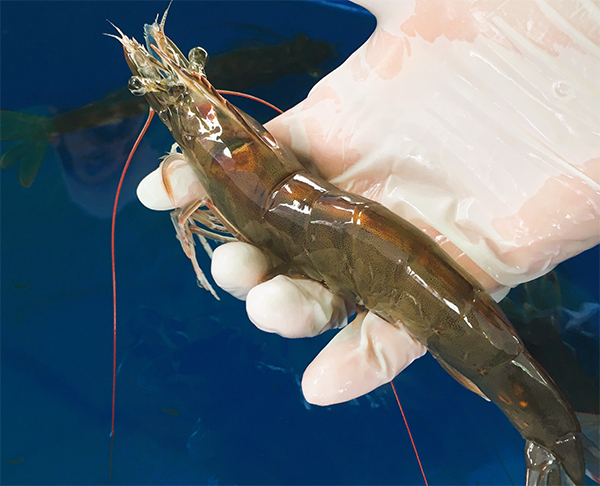
The health status of shrimp broodstock can directly affect the quality of their shrimp larvae, and improving reproductive performance is a fundamental goal to support the shrimp broodstock industry. Research on the nutrition of Pacific white shrimp (Litopenaeus vannamei) broodstock has been generally limited to dietary lipids, fatty acids and vitamins. Previous studies have shown that dietary lipid levels can significantly affect L. vannamei ovary development, but the optimal dietary fatty acid levels are inconsistent as reported by various previous studies.
As an essential nutrient for crustaceans, phospholipids play an essential role in modulating the growth and health of animals, but the dose effects of different phospholipids are different. The dietary supplementation of phospholipids can enhance the glutathione metabolism (which plays important roles in antioxidant defense, nutrient metabolism and regulation of cellular events) of female shrimp and further improve the antioxidant capacity. However, there is no information on the regulation of phospholipids on the health status of L. vannamei broodstock.
This article – summarized from the original publication (Liang, X. et al. 2022. Growth, Health, and Gut Microbiota of Female Pacific White Shrimp, Litopenaeus vannamei, Broodstock Fed Different Phospholipid Sources. Antioxidants 2022, 11(6), 1143) – evaluated the effects of three phospholipids (soybean lecithin, egg yolk lecithin and krill oil) on L. vannamei in terms of growth, antioxidant capacity, immunity, and gut microbiota.
Study setup
The effects of different dietary phospholipid sources on the growth, antioxidant activity, immunity and gut microbiota of female broodstock of Pacific white shrimp were investigated. Female L. vannamei broodstock were obtained from a private company in Hainan, China. Before the experiment began, the female shrimp were acclimated and then 160 animals were randomly stocked into 16 tanks, four per treatment at 10 shrimp per tank and fed a control diet for seven days to adapt to the experimental conditions.
Four isoproteic and isolipid semi-purified diets containing 4 percent soybean lecithin (SL), egg yolk lecithin (EL), or krill oil (KO) and a control diet without phospholipid supplementation were fed to female L. vannamei broodstock (34.7 ± 4.2 grams) for 28 days. During the 28-day culture process, the daily feeding volume was about 5.5 percent and shrimp were fed seven times daily. Residual food and feces were removed by siphon twice a day, and the daily water exchange was about 50 percent. Water quality parameters were maintained at 28–29 degrees-C, pH 7.8–8.4, salinity 30-32 ppt, dissolved oxygen 5–6 mg/L, ammonia nitrogen 0.10–0.30 mg/L, nitrite 0.03–0.10 mg/L, and photoperiod at 12 hours light, 12 hours dark. After 28 days, samples of hemolymph, hepatopancreas and midgut were collected and processed for laboratory analysis.
For detailed information on the experimental design and animal husbandry; diet formulation and preparation; gut microbiota analyses; assays for antioxidant capacity related and immunity-related parameters; and statistical analyses, refer to the original publication.
Results and discussion
Promoting and supporting the health of L. vannamei broodstock is particularly important for strengthening and expanding the sustainable development of the global shrimp farming industry. Various researchers have reported that dietary phospholipid supplementation can significantly improve the growth performance of crustaceans. Data from our study showed that, relative to the control, dietary phospholipid supplementation significantly increased the weight gain and specific growth rate of female L. vannamei broodstock regardless of phospholipid sources but did not affect survival and condition factor (Fig. 1).
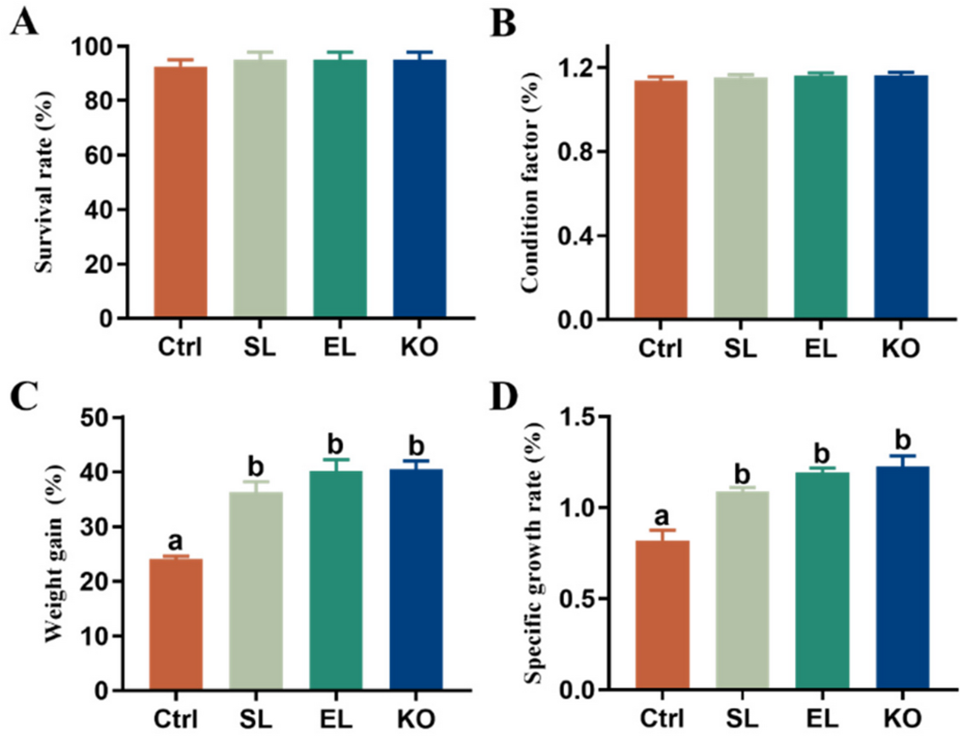
There were no significant differences in all the growth-related parameters among the SL, EL and KO groups, although the shrimp fed dietary krill oil showed the highest value for these parameters. Overall, shrimp growth of shrimp fed with krill oil was better than for animals fed soybean lecithin and egg yolk lecithin.
Dietary phospholipids can enhance the animal’s ability to resist environmental stress and induce an antioxidant response to protect organs from oxidative damage. Our results show that the dietary phospholipids significantly increased shrimp total antioxidant capacity and confirm other reports that dietary phospholipids can significantly increase the activities of the important enzymes superoxide dismutase (SOD) and plasma glutathione peroxidase (GSH-Px) in the hepatopancreas. Female shrimp undergoing gonadal development accumulate significant levels of fat in the hepatopancreas, and the activities of various important enzymes are significantly increased, so dietary phospholipids can help with the oxidative pressure of excessive fat accumulation in the hepatopancreas.
Due to a lack of adaptive immunity, crustaceans can only rely on innate immunity to remove pathogenic microorganisms, and it is the first line of defense against pathogenic infections. The innate immunity of crustaceans includes cellular immunity and humoral immunity. Our study also showed that dietary phospholipids can enhance the activities of the phenoloxidase system (a major immune defense system in invertebrates) and lysozyme (an antimicrobial enzyme part of the innate immune system), as well as up-regulating the expression of some important genes. Therefore, based on our data, we suggest that the intake of phospholipids in shrimp feed can enhance the immune system to resist the invasion of pathogens.
The gut is a suitable environment for the colonization and proliferation of symbiotic microorganisms in aquatic animals. The intestine is the main organ for digestion and absorption of nutrients and the largest “immune organ” of the organism. The gut microbiota promotes gut health and ensures the continuous normal physiological function of the gut by constructing the first barrier against pathogens. Our results indicate that dietary phospholipids can benefit the intestinal immune homeostasis in shrimp.
Perspectives
Our findings suggest that dietary phospholipids supplementation can improve the growth and health status of female L. vannamei broodstock. Krill oil is more beneficial in improving antioxidant capacity and innate immunity than other dietary phospholipid sources. Furthermore, krill oil can help establish the intestinal immune barrier by increasing the richness of some bacteria and promoting the growth of female shrimp.
Now that you've reached the end of the article ...
… please consider supporting GSA’s mission to advance responsible seafood practices through education, advocacy and third-party assurances. The Advocate aims to document the evolution of responsible seafood practices and share the expansive knowledge of our vast network of contributors.
By becoming a Global Seafood Alliance member, you’re ensuring that all of the pre-competitive work we do through member benefits, resources and events can continue. Individual membership costs just $50 a year.
Not a GSA member? Join us.
Author
-
Dr. Erchao Li
Corresponding author
Key Laboratory of Tropical Hydrobiology and Biotechnology of Hainan Province, Hainan Aquaculture Breeding Engineering Research Center, College of Marine Sciences, Hainan University, Haikou 570228, China
Tagged With
Related Posts
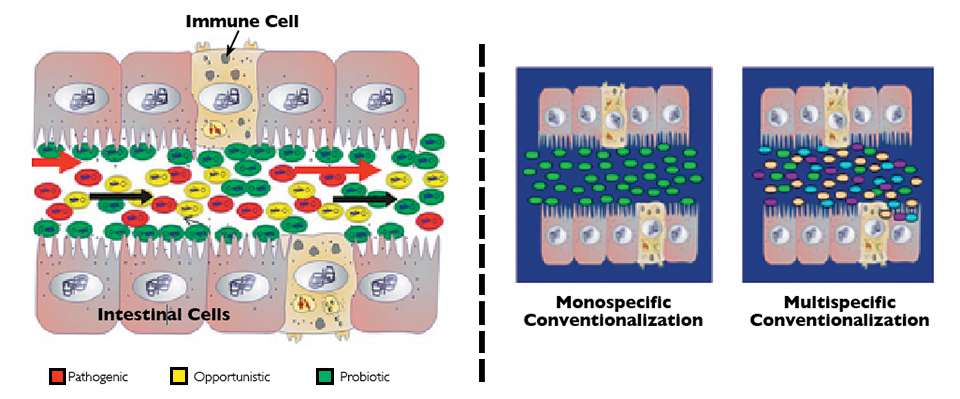
Health & Welfare
Domestication of gut microbiota can improve shrimp aquaculture
In studies, bacteria and yeasts isolated from the native microbiota of wild shrimp at larval, juvenile and adult life stages were administered to early-stage shrimp via the culture water.
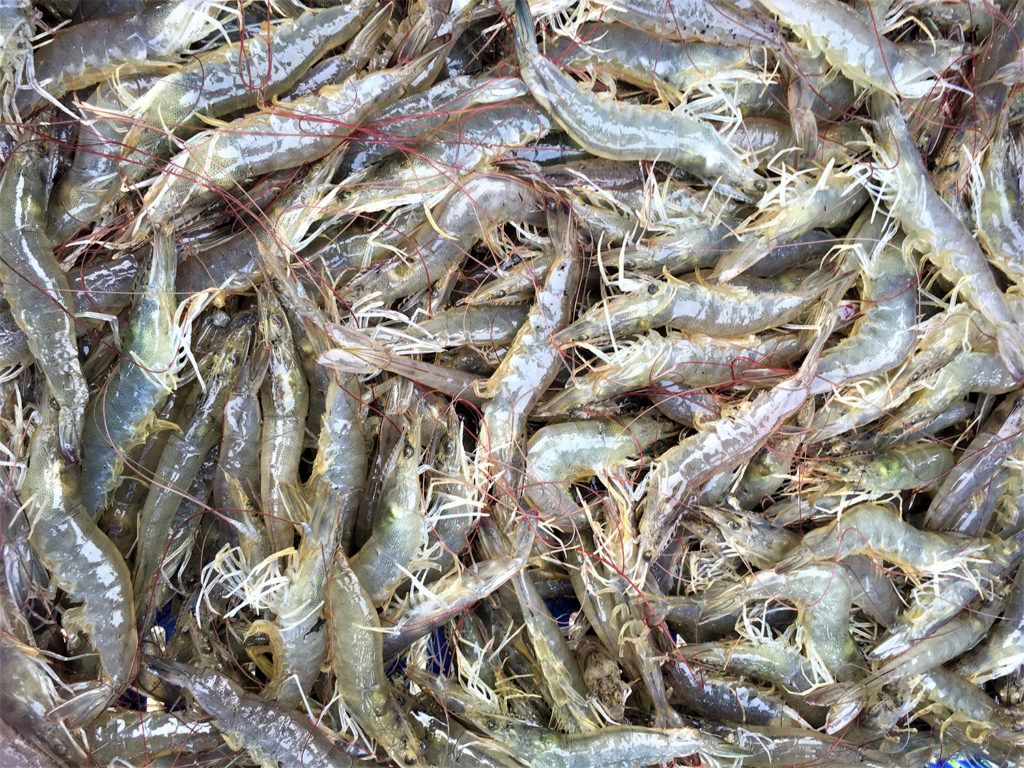
Health & Welfare
Effect of Streptomyces probiotics on gut microbiota of Pacific white shrimp
Study assessed shrimp juveniles fed enriched probiotic formulations, improving our understanding of the composition and dynamics of intestinal microbiota.
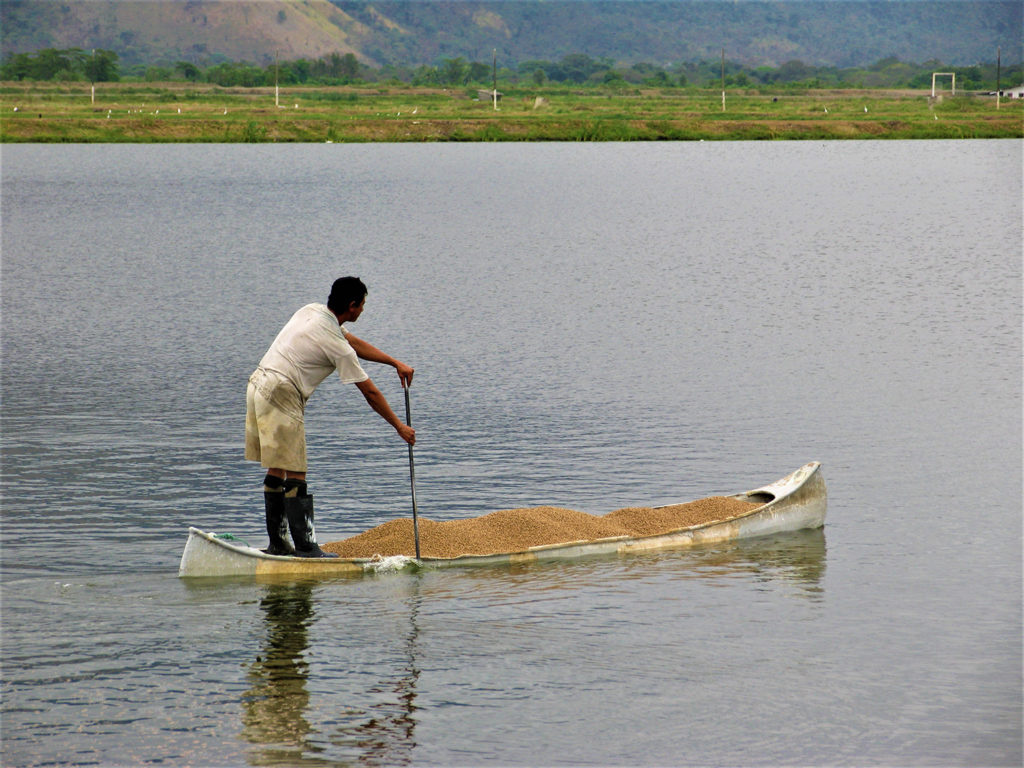
Aquafeeds
Enhanced biodiversity of gut flora, feed efficiency in Nile tilapia under reduced-frequency feeding
Reduced-frequency feeding strategies improve the production efficiency of Nile tilapia operations and do not affect growth or survival rates.
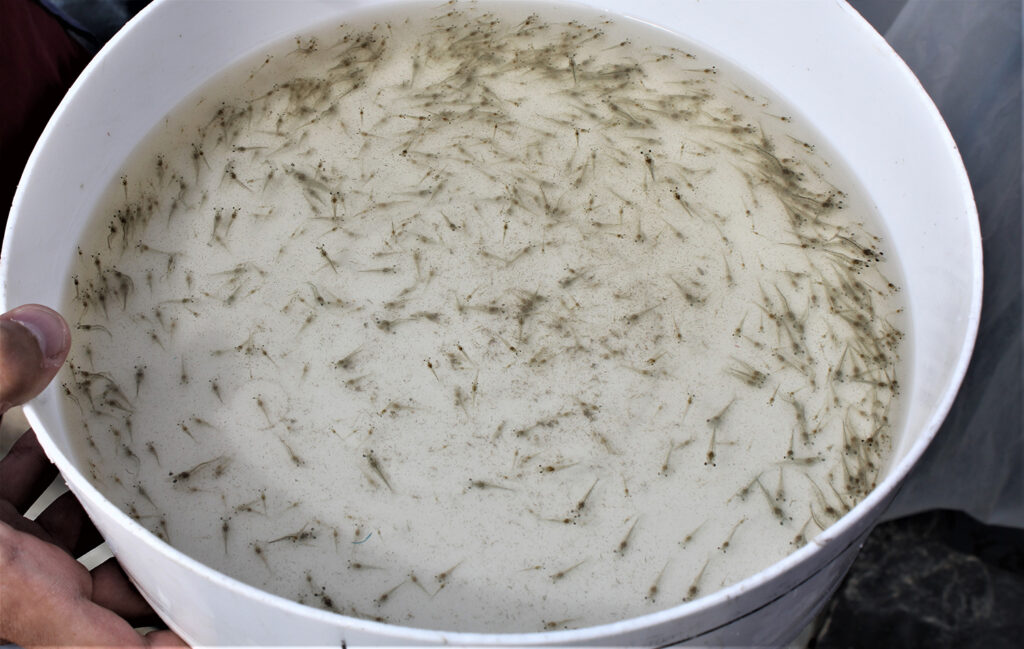
Health & Welfare
Evaluating the effects of dietary spray-dried animal plasma on Pacific white shrimp
An evaluation of L. vannamei fed diets with spray-dried animal plasma showed significant improvement in overall health and resistance to infection.



